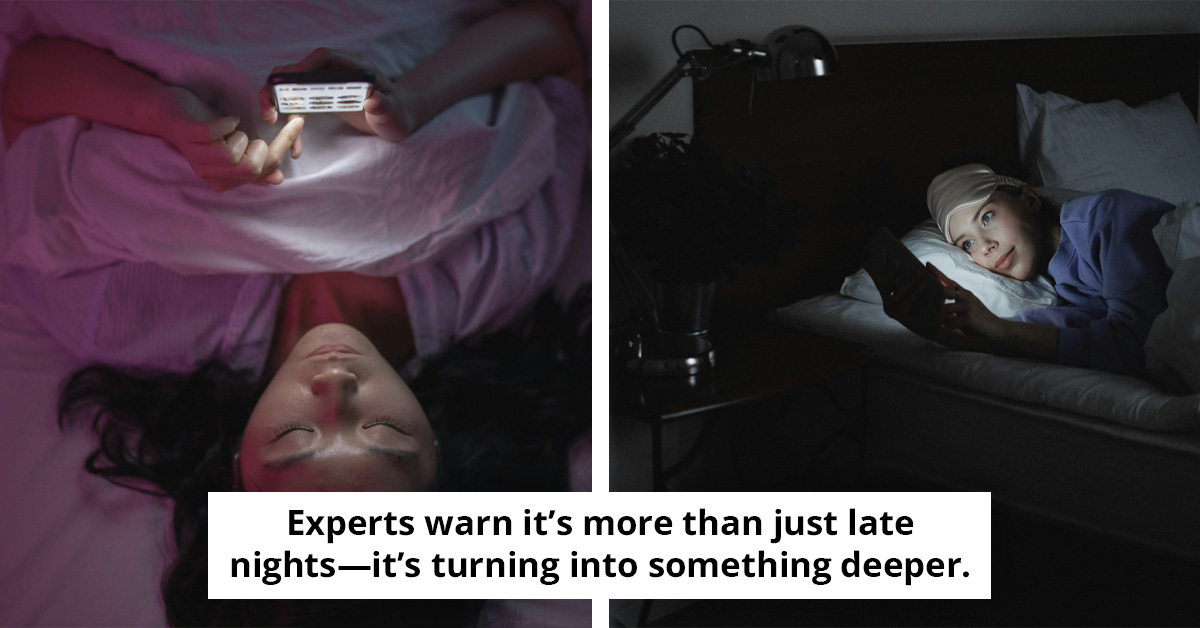Elon Musk Sparks Debate With Neuralink Hearing Implant Idea
When new technology promises to change lives, it often sparks debates about who benefits and who gets left out. Elon Musk’s company, Neuralink, is back in the spotlight after comments about using brain implants to restore hearing for people who are deaf. While the idea of “fixing” hearing loss sounds exciting to some, others argue it misses the bigger picture of what it means to be deaf and how deaf people want to live their lives.
As Musk’s ambitious plans unfold, deaf adults and advocates are speaking up, demanding a seat at the table in conversations that could affect them deeply. Earlier this month, during a chat with Y Combinator, Musk shared an update on Neuralink’s progress.
He revealed that the company is planning its first human trials of a visual implant within six to 12 months, saying,
“Even if somebody is completely blind, we can write directly to the visual cortex.”
He mentioned that one of Neuralink’s monkeys has already had a visual implant for three years, hinting at how far along the technology might be. The conversation took another turn when a Twitter user suggested that Neuralink should aim to restore hearing next.
Musk replied confidently, saying there’s “a clear path” to do that. He elaborated,
“Even for someone who has had total loss of hearing since birth, as our device directly activates the neurons in the brain that process sound.”
Musk’s tweet
While Musk’s comments excited some, many pointed out that devices designed to restore some hearing already exist. Cochlear implants, for example, don’t go into the brain but are placed in the cochlea, the spiral-shaped part of the inner ear.
These devices use small magnets and electrodes to bypass damaged parts of the ear and send signals directly to the cochlear nerve, which then carries the sound information to the brain.
Many deaf adults want early input on Musk’s brain chip plans, citing past forced treatments as the reason for their caution.
But the idea of using a brain chip to “restore” hearing isn’t sitting well with many deaf adults. One social media user, who posts as @DeafLibertarian, responded directly to Musk’s tweet, writing, “Meet with Deaf adults before moving forward. We deserve a say.”
She went on to explain that deaf people need to be involved in the research process from the beginning. “Involving us in the research process, especially in the early stages, ensures decisions truly consider all aspects of lived experiences as people born deaf since birth,” she wrote.
Another important point she raised is that skepticism from deaf people doesn’t mean they reject technology altogether. “Most deaf people are not against new technology or medical enhancements,” she added.
But she emphasized that deaf people are a vulnerable group because of a long history of being subjected to unwanted medical procedures in the name of “helping” them.
“They have been forced against their will for many things in the name of science or ethics or research,” she tweeted. “So give them (and me) some grace if we are skeptical and question the intent of any company that says they want to help.”

Some users warned that trying to “fix” deafness without understanding deaf culture can alienate the community.
Other social media users chimed in with similar concerns. One parent shared that his daughter, who has profound hearing loss, sees technologies like Neuralink’s as an effort to “fix” her, rather than accept her as she is.
He suggested that more conversations with people who are deaf would help tech companies better understand the community’s needs and concerns. Some replies pointed out that many scientists and entrepreneurs see deafness purely as a “problem” to solve, overlooking deaf culture, identity, and the community that many deaf people value.
This perspective can turn well-intentioned inventions into something alienating, or even threatening.

Neuralink has been getting attention for other breakthroughs, too. The company shared a video showing a monkey seemingly “telepathically” asking for snacks, and recently, the first human Neuralink recipient, Noland Arbaugh, who is paralyzed, posted on Twitter just by thinking.
In a post following Arbaugh’s update, Musk said: “Long-term, it is possible to shunt the signals from the brain motor cortex past the damaged part of the spine to enable people to walk again and use their arms normally.” While this technology offers hope to many, it also shows how complex and powerful Neuralink’s implants could become.
Neuralink showed mind-controlled tweeting and hinted at restoring movement in the future.

As discussions around Neuralink’s technology continue, it’s clear that restoring lost senses or abilities is more complicated than just plugging in a device. For deaf adults, it’s about having a voice in decisions that could affect their lives, identities, and rights.
Technology has the power to change the world, but if it doesn’t include the people it’s meant to help, it risks repeating old mistakes and creating new ones.




